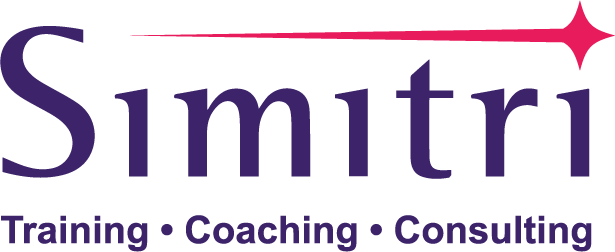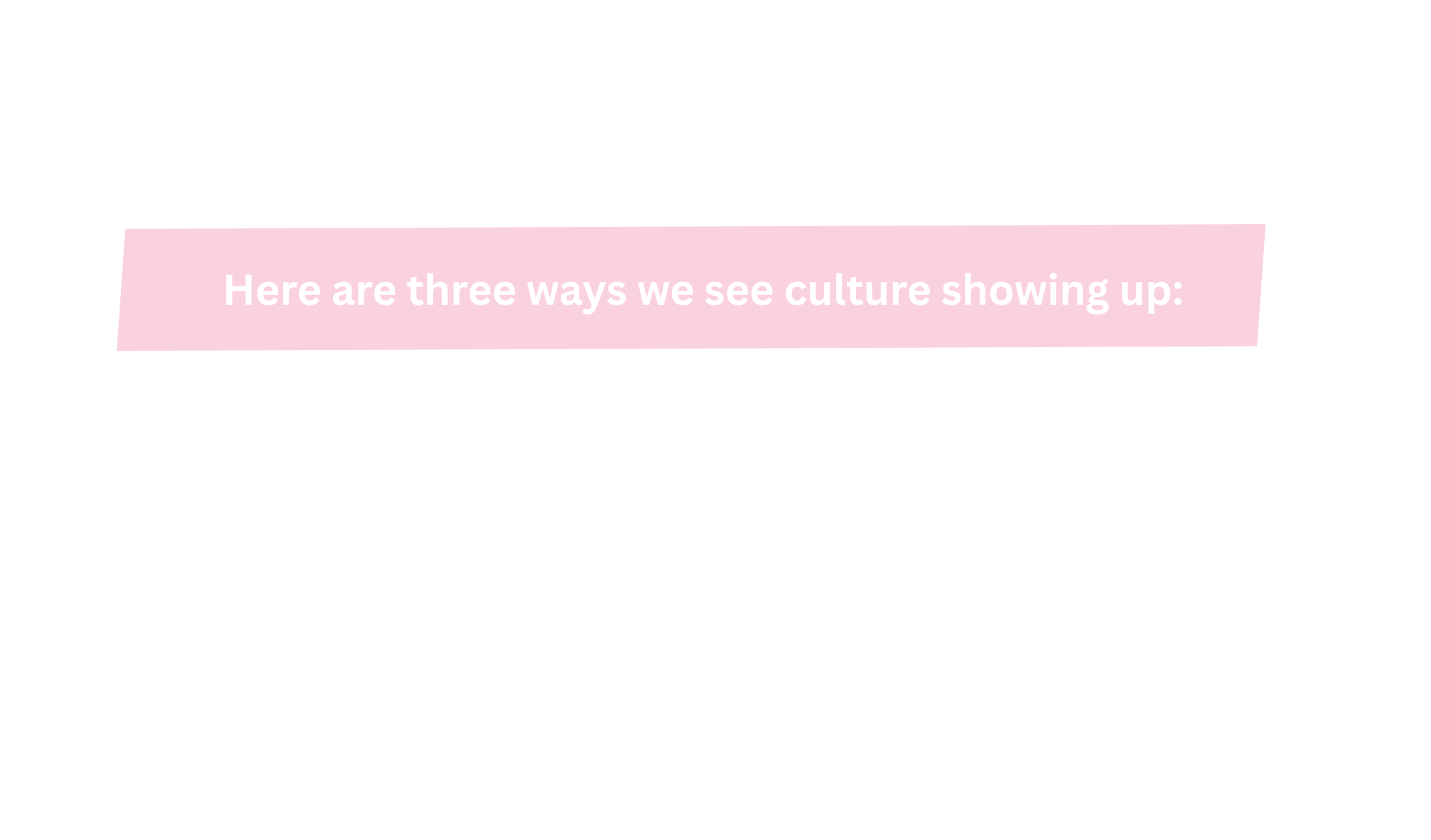There’s no such thing as winning business.”
Simon Sinek
In a world of quarterly targets, competitive disruption, and shifting norms, it’s tempting to view business as a contest you either win or lose. But the leaders and organisations that last don’t treat it like a race, instead, they treat it like a legacy. They build in people, trust, adaptability, and systems that thrive over time.
This mindset echoes Simon Sinek's timely reminder at the 2025 Nordic Business Forum:
“There’s no such thing as winning business.”
Sinek argued that business is not a game with a finish line but a continuous journey of alignment, trust, and impact. It’s not about "winning" against others, it’s about staying consistent in what we believe, say, and do.
Here are three essential pillars we focus on: Leadership, Culture (including the “unseen” dimension), and behaviour Change. These aren’t abstract ideals: they are the levers through which we believe sustainable performance emerges.
1. Leadership: Turning Capacity into Ecosystems
What We See
Too often, organisations promote leaders based on technical excellence or short-term results. But when complexity grows: multiple geographies, cross-functional demands, generational shifts, leaders can become bottlenecks. The real question is: can they scale their influence, not just their span?
Examples That Resonate
When Satya Nadella became CEO of Microsoft, he shifted the culture from “know-it-all” to “learn-it-all,” emphasising humility, curiosity, and continuous adaptation. That mindset didn’t just change collaboration, it reshaped the business. At IBM, Phil Gilbert led a design transformation across hundreds of thousands of employees, requiring leaders to unlearn control and adopt user-first thinking.
What to Apply
Leadership cohorts and peer mentoring across levels
Action learning through cross-functional roles
Leadership rituals: skip-level forums, storytelling, reflective practices
When we help leaders see themselves as influencers rather than controllers, we unlock deeper capacity at scale.
2. Culture: The Unseen Driver of Trust, Teams & Transformation
Culture isn’t the value statement on the wall. It’s the everyday reality: what gets rewarded, what gets ignored, how decisions are made when no one’s watching.
We often describe culture as the invisible operating system of an organisation — the shared beliefs, values, and assumptions that influence how trust is built, how teams collaborate, and how change takes root. It shows up in subtle moments of decision-making, conflict, and ambiguity.
In a roundtable discussion we recently facilitated with HR and business leaders, we explored this "unseen" dimension of culture. A key theme that emerged was that culture often determines whether transformation succeeds or stalls - not through formal statements, but through the subtle, daily ways people respond to uncertainty, authority, and each other.
As we navigate increasingly global and tech-enabled workplaces, we see cultural intelligence (CQ) becoming essential. It's how we enable inclusion, innovation, and cohesion across diverse mindsets.
In one global logistics firm, leaders frequently spoke about fostering having an innovative culture and encouraging teams to experiment. But in practice, when initiatives didn’t succeed, individuals were publicly blamed or reprimanded. The result? Teams became increasingly hesitant to take risks or admit mistakes. Fear of blame created a culture of silence.
By introducing "failure learning forums" and anonymous feedback channels, transparency increased and operational errors declined.
Insight: Trust is built in the micro-moments. Culture determines whether people feel safe to speak up.
In a consulting group, there was ongoing tension between the sales and delivery teams. Sales often overpromised to secure deals, while delivery struggled to deliver on those promises - creating frustration, internal blame, and dissatisfied clients.
When both teams were brought together to co-create shared OKRs (Objectives and Key Results), something shifted. They began aligning not only on outcomes but on how to achieve them collaboratively. Regular “ways of working” retrospectives created space to openly discuss what was helping or hindering progress, without defaulting to blame.
The tone changed. Conversations became more solution-focused, and a stronger sense of shared ownership emerged. Over time, client retention improved, and the internal dynamic grew healthier.
Insight: Teams don’t just need targets. They need aligned expectations, space to recalibrate, and a culture where collaboration feels safe and worthwhile.
A legacy manufacturing company had invested heavily in new digital systems, but adoption was slow. Employees viewed the changes as a threat to how they’d always worked, and many quietly resisted, holding onto old habits.
When the company paused to focus on culture, things began to shift. Through a series of culture sprints, teams explored how the new technology could support - not replace - their existing strengths. Leaders started framing the changes as a continuation of their heritage: “modern craftsmanship” that combined tradition with innovation.
This simple reframing gave people permission to engage differently. They no longer saw digital tools as a disruption, but as an evolution of their work. Adoption picked up, and transformation gained momentum.
Insight: Change doesn’t stick just because it’s rolled out. It takes root when people see it as an extension of what they already value.
A question we often ask leaders is:
We believe making the invisible visible is just the start. Sustained performance requires leaders to embed that awareness into how we work, lead, and collaborate.
3. Behaviour Change: The Bridge Between Intention and Impact
Even with a clear strategy and empowered leaders, we know change won’t land unless behaviour shifts.
Real transformation doesn’t scream. It doesn’t chase trophies. It shows up in consistency, alignment, and growth that lasts.
This article reflects our work with global leaders, clients, and dialogue from recent leadership forums — including Simon Sinek's keynote at the 2025 Nordic Business Forum and perspectives on cultural intelligence as a strategic capability shared in recent CHRO leadership forum.
Continue the Conversation
📘 Download the [Learning Trends Report]
🎥 Watch the webinar recording [Link]
🤝 Book a conversation with our team [Link]









